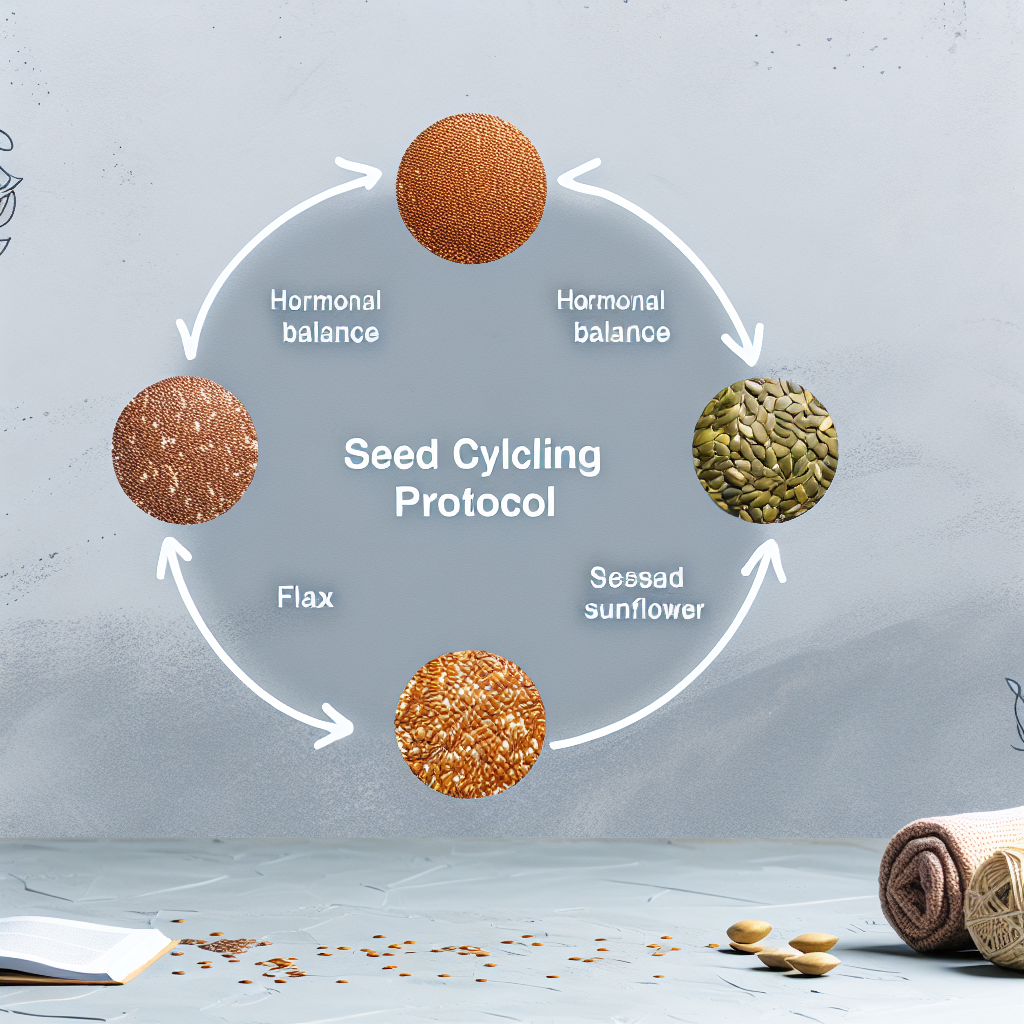Autoimmune Conditions: Herbal Protocol Research
Introduction
Autoimmune diseases are a growing global health concern, affecting millions worldwide. These conditions arise when the body’s immune system mistakenly attacks its own tissues and organs, leading to chronic inflammation and debilitating symptoms. Common autoimmune disorders include rheumatoid arthritis, lupus, multiple sclerosis, Hashimoto’s thyroiditis, and Crohn’s disease.
While conventional medicine often focuses on symptom management through pharmaceutical drugs, many individuals are turning to natural treatments—particularly herbal medicine—for alternative or complementary healing strategies. Herbal medicine has been used for centuries in traditional systems such as Ayurveda, Traditional Chinese Medicine (TCM), and Indigenous healing practices. Many herbs possess immunomodulatory properties, helping to regulate and balance the immune system rather than merely suppressing it.
Scientific research has increasingly validated the efficacy of herbs in managing autoimmune diseases. Certain plant compounds exhibit anti-inflammatory, antioxidant, and adaptogenic properties, which can relieve symptoms and support overall immune health. Herbs like turmeric, ashwagandha, boswellia, and licorice root have gained popularity for their promising role in autoimmune disease management.
Research-Based Herbal Protocols for Autoimmune Conditions
Herbal medicine has gained recognition through scientific studies assessing its impact on the immune system and inflammatory pathways. Below are several herbs with documented therapeutic potential for managing autoimmune conditions:
Curcumin: The Golden Healer for Inflammation
Curcumin, the primary bioactive compound in turmeric, is well-documented for its powerful anti-inflammatory and antioxidant properties. A review published in Frontiers in Immunology found that curcumin can modulate immune responses by downregulating pro-inflammatory cytokines and inhibiting nuclear factor-kappa B (NF-κB)—a key driver of autoimmune diseases like rheumatoid arthritis and multiple sclerosis. Additionally, a clinical trial on patients with rheumatoid arthritis demonstrated that curcumin supplementation significantly reduced joint tenderness and swelling compared to a control group receiving conventional treatment (Phytotherapy Research).
Boswellia: The Ancient Remedy for Autoimmune Flare-Ups
Boswellia serrata, commonly known as Indian frankincense, contains boswellic acids that exert powerful anti-inflammatory effects. These acids work by inhibiting 5-lipoxygenase (5-LOX), an enzyme linked to inflammatory disorders. A study published in the International Journal of Molecular Sciences found that boswellia extract effectively reduced inflammatory markers and improved symptoms in patients with inflammatory bowel disease (IBD), a common autoimmune-related gut disorder.
Ashwagandha: The Stress-Relieving Adaptogen for Immune Balance
Ashwagandha (Withania Somnifera) is a powerful adaptogen known for its ability to regulate the immune system and combat stress-related autoimmune flare-ups. A randomized controlled trial published in the Journal of Ayurveda and Integrative Medicine demonstrated that ashwagandha supplementation enhanced regulatory T-cell response while dampening excessive inflammatory reactions, making it a promising herb for autoimmune management.
Licorice Root: The Gut-Healing and Immune-Modulating Herb
Licorice root (Glycyrrhiza Glabra) contains glycyrrhizin, a powerful compound with immune-balancing and anti-inflammatory effects. Research published in Food & Function highlighted that licorice compounds help modulate immune responses and restore gut integrity, making it particularly beneficial for autoimmune gut disorders like leaky gut syndrome and ulcerative colitis.
Resveratrol: The Anti-Inflammatory Compound in Grapes and Berries
Resveratrol, a natural polyphenol found in grapes and berries, is known for its anti-inflammatory and immune-regulating properties. Studies suggest that resveratrol helps reduce inflammatory cytokine production and oxidative stress in autoimmune diseases such as lupus and rheumatoid arthritis. Research published in Autoimmunity Reviews confirmed that resveratrol can mitigate autoimmune-driven inflammation by suppressing Th17 cell activity, which plays a role in autoimmune pathology.
Conclusion
With the rise in autoimmune diseases and increasing interest in alternative medicine, herbal remedies have emerged as supportive therapies for managing chronic inflammatory and immune-related conditions. Scientific research has validated the efficacy of powerful botanicals such as curcumin, boswellia, ashwagandha, licorice root, and resveratrol in modulating immune responses and reducing inflammation.
These herbs offer an alternative or complementary approach to conventional treatments, helping alleviate autoimmune symptoms while promoting immune system balance. However, herbal treatments should be incorporated into a broader health strategy, including dietary changes, stress management, and professional medical guidance.
The future of autoimmune disease management lies in personalized, integrative approaches that harness the power of plant-based medicine. As research continues to evolve, herbal protocols hold great promise in helping millions regain control over their health and well-being.
Summary:
This article explores the potential of herbal medicine in managing autoimmune conditions. It highlights several herbs, including curcumin, boswellia, ashwagandha, licorice root, and resveratrol, that have demonstrated therapeutic benefits in modulating the immune system, reducing inflammation, and alleviating symptoms associated with autoimmune diseases. The article emphasizes the importance of integrating herbal remedies with lifestyle modifications and professional guidance for a comprehensive approach to autoimmune disease management.

Dominic E. is a passionate filmmaker navigating the exciting intersection of art and science. By day, he delves into the complexities of the human body as a full-time medical writer, meticulously translating intricate medical concepts into accessible and engaging narratives. By night, he explores the boundless realm of cinematic storytelling, crafting narratives that evoke emotion and challenge perspectives.
Film Student and Full-time Medical Writer for ContentVendor.com




